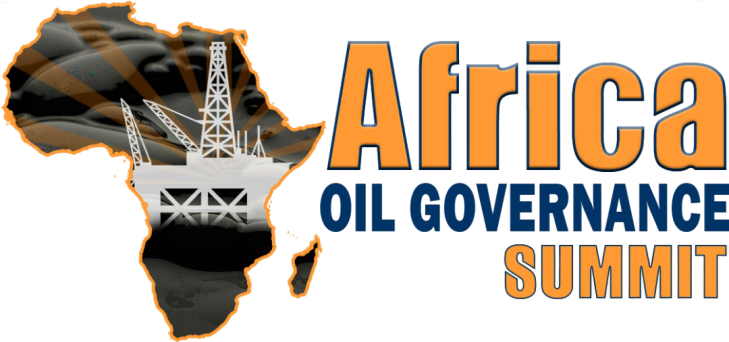ABOUT THE CONFERENCE
The Africa Oil Governance Summit (AOGS) is the flagship programme of the Africa Centre for Energy Policy (ACEP). Instituted in 2015, the main goal of the Summit is to expose and address pertinent governance and development issues pertaining to the management and use of oil and gas resources across the African continent. The AOGS thus creates the avenue for, and brings together, stakeholders in the oil and gas space across Africa and beyond to deliberate on efficient and effective approaches to engender sustainable and inclusive development through exploitation of Africa’s oil and gas resources.
Speakers, panellists, and participants are drawn from the public sector, the private sector, academia, think tank and civil society spaces, development agencies/partners, and local and international media. The Summit has, since 2015, recorded about 800 direct participants with a yearly average of about 200. This excludes virtual participants who are engaged through both the electronic and social media.
The Theme of the 2019 Summit is “Optimizing oil and gas resources in Africa: the role of new discoveries in the continent’s development agenda”. A total of 300 participants are expected to attend the Summit.
- An exposition to the theme for the 2019 Africa Oil Governance Summit
African countries endowed with oil resources have made significant gains from the oil and gas industry with continuous major discoveries across the continent. For instance, South Africa in February 2019 discovered an estimated 1billion boe in the Brulppada Prospects.[1] This is in addition to significant proven gas reserves in Mozambique (over 100tcf). Similarly, Aker Energy in Ghana will start production in 2021 from the discovered 450-500million boe in the Pecan 4A wells in the Deep Water Cape Three block.[2] At the same time Senegal and Mauritania are preparing for 2021 production timelines for their Greater Tortue Complex which straddles the two countries with an estimated reserve of about 25 tcf. The East African region has also seen major discoveries by Tullow and partners in Uganda and Kenya. Tanzania is also preparing to commercialize her 57tcf of gas discovered within the last decade. These discoveries add to the significant outputs from Algeria, Angola, Nigeria and others.
The history of oil and gas production has shown that in many African producer countries, the impact of the oil industry on national development is suboptimal. Though the oil and gas industry contributes significantly to exports and revenues of countries, its contribution to general economic growth is less significant. This is attributable to the focus on revenue rather than linkages to other sectors of the economy and deliberate effort to fuel economic development with oil and gas output.
The 2018 edition of PwC’s Africa Oil and Gas Review report shows that, while Africa produced about 8 million barrels of oil per day, it exported about 6.8 million barrels of oil per day and consumed about 4 million barrels per day.[3] These statistics show that value addition to petroleum resource extraction is limited as the Continent imported daily the equivalent of about 33% of its domestic barrels of oil production per day
By 2050, Africa will represent a fifth of the world population from the current 17% and will contribute about 1.3 billion to the 2.2 billion increase in global population growth. In contrast, population growth in other continents is set to stagnate or decline. Population growth and associated urbanization is expected to cause a boost in economic activities and a resultant growth in energy demand. It therefore becomes imperative for Africa to, through appropriate industrialization strategies, add value to the oil and gas it produces to meet the Continent’s present and future energy needs.
Furthermore, within the contextual reality of increasing discoveries, potential for recovery in exploration spending, and estimated increases in capital expenditure on oil and gas projects, African countries must properly position themselves to take advantage of the coming boom in production within the region by diversifying their respective economies and creating domestic demand of its production to make utmost gains from the oil and gas endowments. This way, oil and gas could contribute significantly to the empowerment of the African people and forestall increased inequality and poverty associated with population growth.
[1] Paraskova T. (2019, February). South Africa Oil Discovery Could Be a Game-Changer. Retrieved:
https://oilprice.com/Energy/Crude-Oil/South-Africa-Oil-Discovery-Could-Be-A-Game-Changer.html Accessed 18/04/2019
[2] Aker Energy (2019 January). Successful Pecan-4A appraisal well offshore Ghana. Retrieved:
[3] PWC (2018): Taking on Tomorrow, Africa Oil and Gas Review: Retrieved from
https://www.pwc.co.za/en/assets/pdf/africa-oil-and-gas-review-2018.pdf. Accessed on April 18, 2019.
